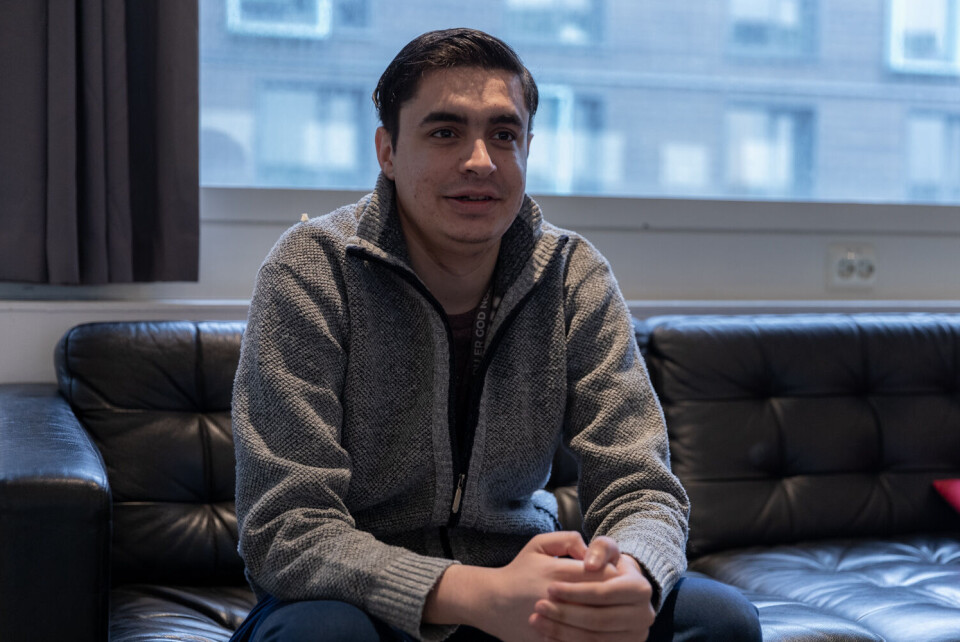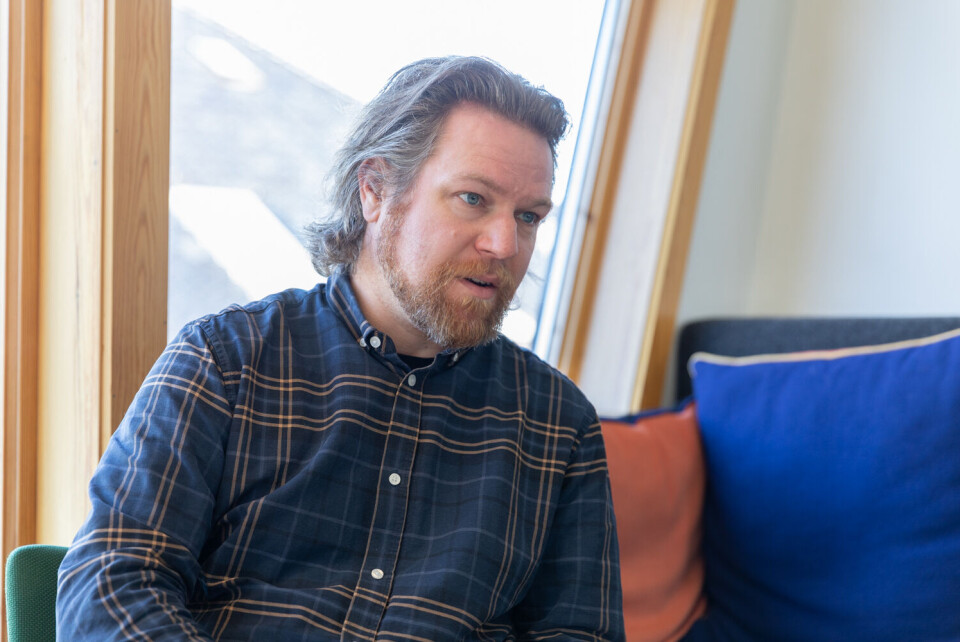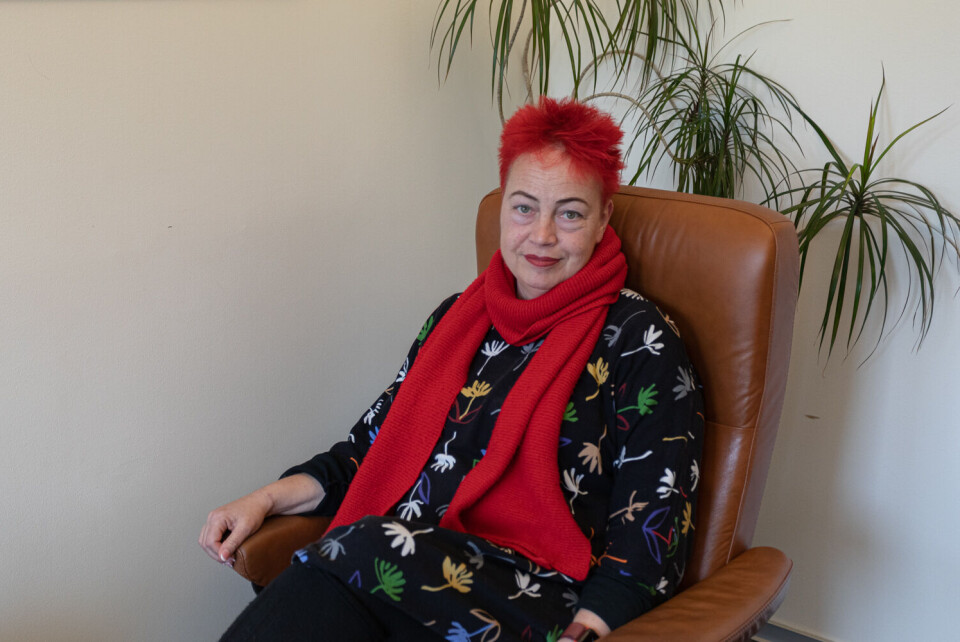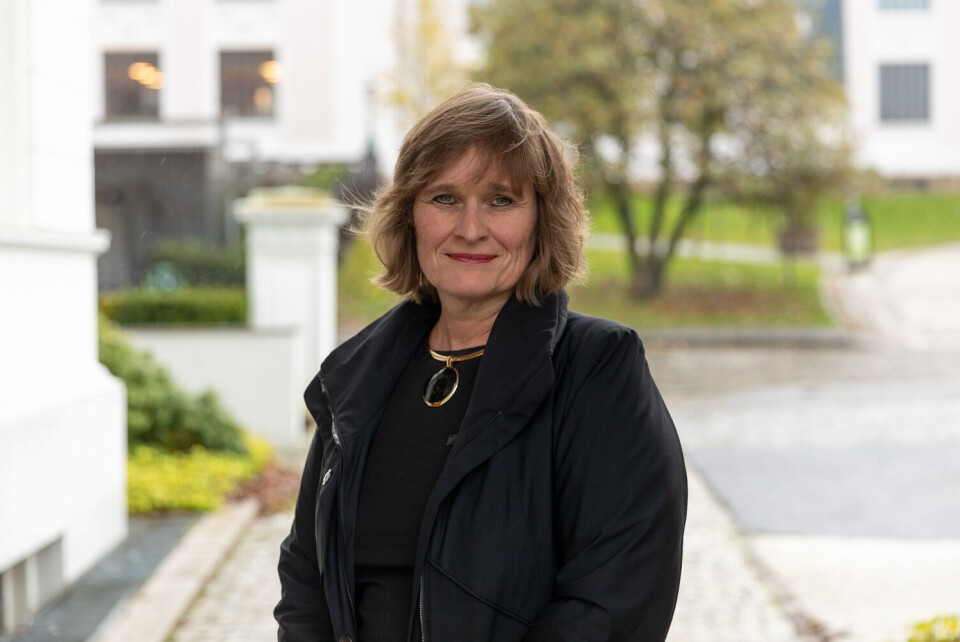Student thinks that turning the camera on over Zoom should not be mandatory
Many students don't feel comfortable showing their faces during a Zoom-lecture. Waqas Hussain (25) is one of them.
– There are times where I don’t feel comfortable showing my face. Especially during the morning lectures when I am not ready, because I feel so terrible in the morning. Other times I simply don’t think I look good.
Waqas Hussain (25) is an international student at the University of Bergen (UiB). When he has his camera on, he feels like everybody is looking right at him.
– Sometimes, when I have bad days, I don’t want to show my face. Yet everyone will watch you when the camera is on. It is very uncomfortable, Hussain explains.
Students concentrate better when the camera is off
In relation to effective studying, Hussain believes that turning off the camera helps students to retain more knowledge.
– When students turn off their camera, we can directly focus on the lecturer. It is effective in a sense.
Keeping the camera on during a lecture should not be mandatory, as it affects students’ mental wellbeing, according to Hussain.

– If I were a lecturer, I would not push the students to turn on their camera. I would respect their decisions. It is important to understand that it affects a student’s mentality. I have a lot of personal reasons to keep my camera off, I believe everybody else too.
However, Hussain understands the lecturers’ point of view.
– Lecturers may need the cameras on for interaction, but an option should be developed for both students and lecturers, he says and continues:
– For now, I think when the activities are compulsory, that it would be understandable for lecturers to ask the students to show their face.
Making it mandatory would push students away
The emphasis is on the student participation, whether they opt to turn on or turn off their camera, according to Kjetil Evjen, a lecturer from the Department of Comparative Politics at UiB.
– Participation during the lecture is an important part of the teaching process. They need to at least use the reactions feature on Zoom, or be active by asking questions directly or in chats.
Evjen mentions that there is a difference between teaching in a large class and a small class in relation to the black screens.
– When teaching in a large group, lecturers don’t really notice, but when the group is small, it affects the participation when they turn their screens off. They don’t have to turn the camera on, but at least use some pictures, not the black screens.

However, Evjen understands that showing your face does not have to be mandatory.
– It will only push them away. This case has been an issue not only in Bergen, but it happens all over the world.
«What am I actually avoiding?»
In response to this case, Charlotte Lie, the acting head of Student Mental Health Service, encourages students to reflect on themselves.
– I think students should try to ask themselves the question, «what am I actually avoiding?»
Lie mentions that seeing other people’s facial expressions is a part of the communication and learning process. It raises questions about whether students commit to their studies or not.
– Lecturers may be concerned about their students, and want to know if they are paying attention. Humans also feel more comfortable seeing other people’s expressions when they communicate.
Oddrun Samdal, professor of health promotion and head of educational affairs, emphasizes the importance of keeping the camera on.

– To establish a good learning climate, it is important for students to keep their cameras on, as it facilitates better interaction with their fellow students and the lecturers.
Samdal suggests Sammen to address the self-esteem issue more systematically.
– A course from Sammen to identifying possible aspects that could help students to feel more comfortable in using their cameras would be a good way out.
– We have a lot of courses here, our experts ready to help. We can consider developing a course about self-esteem linked to Zoom. We do not have this available at the moment.
Students have privacy rights

Both Lie and Samdal agree to respect the students’ decisions when it comes to keeping their cameras on or off.
– If you have problems, ask your fellow students and loved ones. Seek help if you need it, says Lie.
– Students have privacy rights if the lecture is being recorded unless the lecture is compulsory and they need proof of attendance, there is no demand to turn the camera on, says Samdal.















